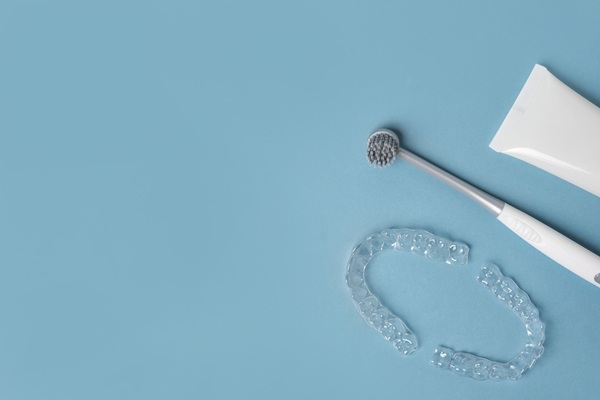 Many are familiar with how sugar can affect overall health, but fewer are familiar with why general dentistry practices recommend avoiding sugar. Sugar can have a negative impact on oral health and the appearance of your smile. This article discusses exactly why sugar is potentially harmful to the teeth and gums.
Many are familiar with how sugar can affect overall health, but fewer are familiar with why general dentistry practices recommend avoiding sugar. Sugar can have a negative impact on oral health and the appearance of your smile. This article discusses exactly why sugar is potentially harmful to the teeth and gums.
Why do general dentistry professionals recommend limiting sugar consumption?
The following is everything to know about how sugar consumption can damage oral health and how to keep a healthy and beautiful smile by limiting sugar and other refined carbohydrates. This can reduce the risk of needing restorative care in the future.
How sugar can affect oral health
Sugar is a carbohydrate. Like many other carbohydrates, sugar can combine with bacteria that naturally develop in the mouth. When this occurs, it triggers an acidic reaction that can contribute to the erosion of tooth enamel and damage the gums. This leads to common oral health concerns such as dental cavities, gum disease, and oral infections. By limiting sugar consumption and taking precautions when consuming foods and drinks that are high in sugar, the risk of oral health concerns is substantially reduced.
What are the risks of excessive sugar consumption?
As mentioned above, excessive sugar consumption could lead to a range of oral health concerns, particularly if the patient does not have a consistent oral care routine in place between their cleaning and check-up visits. Common issues that can develop as a consequence of excessive sugar consumption and poor hygiene are:
- Weakened enamel
- Dental cavities
- Gum disease
- Bone loss in the jaw
- Oral infection
The risks depend on how long issues remain undetected and untreated. It is important to visit a dentist for check-up visits every four to six months and limit how much sugar is consumed between visits.
How much sugar is too much?
The American Heart Association (AHA) recommends no more than 24 grams of sugar per day. While this number is recommended for heart health, it is a good rule to follow for protecting oral health as well. The more sugar that is consumed, the more important it is to practice good oral hygiene and consistently brush, floss, and use mouthwash.
Foods and drinks that can help oral health
Foods and drinks such as candy and soft drinks can harm oral health. On the other hand, there are some ways to actually improve oral health with dietary choices. One way is to consume more calcium, which can strengthen enamel and reduce the risk of dental decay. It can also help to drink water throughout the day, especially drinking water with fluoride, to wash away bacteria and keep teeth enamel and the gums strong.
Find out more about your oral health at our general dentistry office
If you have questions about how sugar affects oral health or are interested in scheduling a check-up visit with our office, contact us today. We value the oral health of our patients, and we do everything we can to prevent any issues from ever developing, along with offering restorative services.
Request an appointment or call Stellar Smiles at 561-225-2070 for an appointment in our Boca Raton office.
Recent Posts
Preventive dental treatment is essential for maintaining dental health and forms the basis of general dentistry. Oral health may have a positive influence on your overall health. Preventive dentistry includes steps and procedures to keep oral health issues from developing in the first place, saving patients from spending a lot of money on therapeutic treatment.Preventive…
General dentistry recommends brushing twice daily and flossing once per day to protect your teeth against common dental problems like gum disease and tooth decay. Bacteria in the mouth can cause both issues.Oral bacteria feast on sugars left in the mouth after meals, forming plaque and acids that damage teeth. Plaque is the film that…
General dentistry helps prevent, diagnose, and treat a wide range of dental issues, like tooth decay and gum disease. General dentists are the most common types of dentists, and they spend most of their time performing preventative treatments.Many patients have oral health questions for general dentists. Here are the answers to the most frequently asked…



